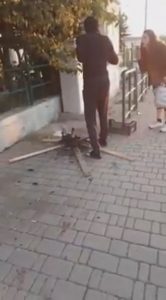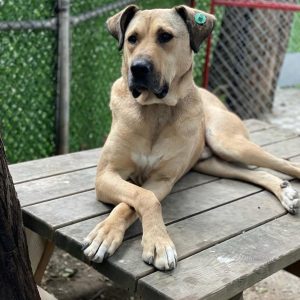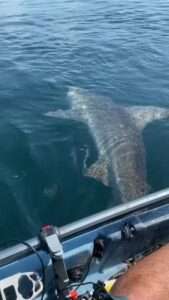Randy cocaine hippos escaped from drug lord Pablo Escobar’s private zoo in Colombia are set to are set to devastate local wildlife if government officials do not speed up plans to tackle the problem.
Last year, Colombia’s Environment Minister Susana Muhamad announced that they planned to tackle the problem, and a programme of culling would run alongside a sterilisation programme in which there were plans to send the hippos to new homes in other countries like India or the Philippines.
But since then, nothing has happened, with wildlife specialists complaining that they are still waiting for permits to move more than 70 of the beasts to other countries after they were rounded up a year ago.
Now experts say their population could rise to up to 1,000 by 2035 if their numbers are not checked.
As well as devastating local flora, bacteria in the hippos’ wee and poo is toxic to Colombian wildlife, scientists believe.
The herd, now nearly 170 strong, was bred in the wild from four original hippos who escaped after the cocaine king was shot dead 30 years ago.
Escobar kept the beasts at his bizarre menagerie at his Hacienda Napoles estate in Puerto Triunfo, Colombia.
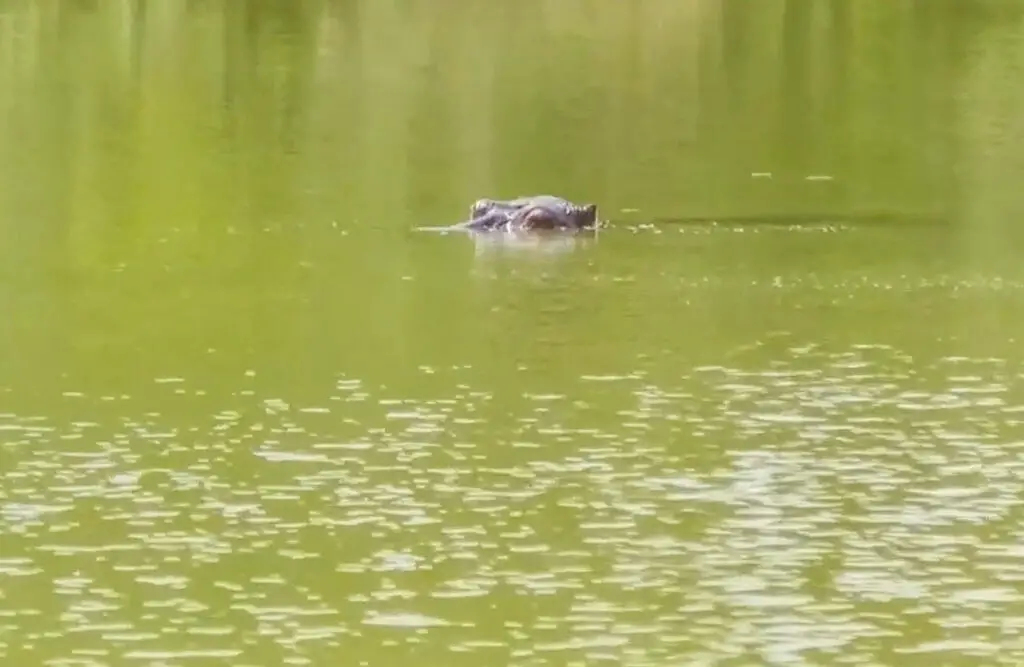
Wildlife experts caught and selected more than 70 of the beasts for new homes in Mexico, India and Peru a year ago.
But now Ernesto Zazueta, president of the Association of Zoos, Hatcheries and Aquariums of Mexico (AZCARM). Has told how he is still waiting for travel permits from Colombian officials.
Daughter Of Pablo Escobar Fights Over Tax Sanctions
Zazueta, representing the Ostok Sanctuary in Mexico, Greens Zoological Rescue and Rehabilitation Centre in India and Peru, told local media. “There are many rumours that we are no longer willing to continue managing this rescue. I want to clarify that of course we are still willing and with all the procedures and logistics very advanced.”
Of the 169 hippos found in the wild around the Magdalena River, 60 are supposed to be taken to India, ten to Mexico and four to Peru.
Zauzeta said: “We are in the best position to continue working to help the government of Colombia with this great environmental problem.
“However, we also have to be respectful of their decisions and their laws and regulations.
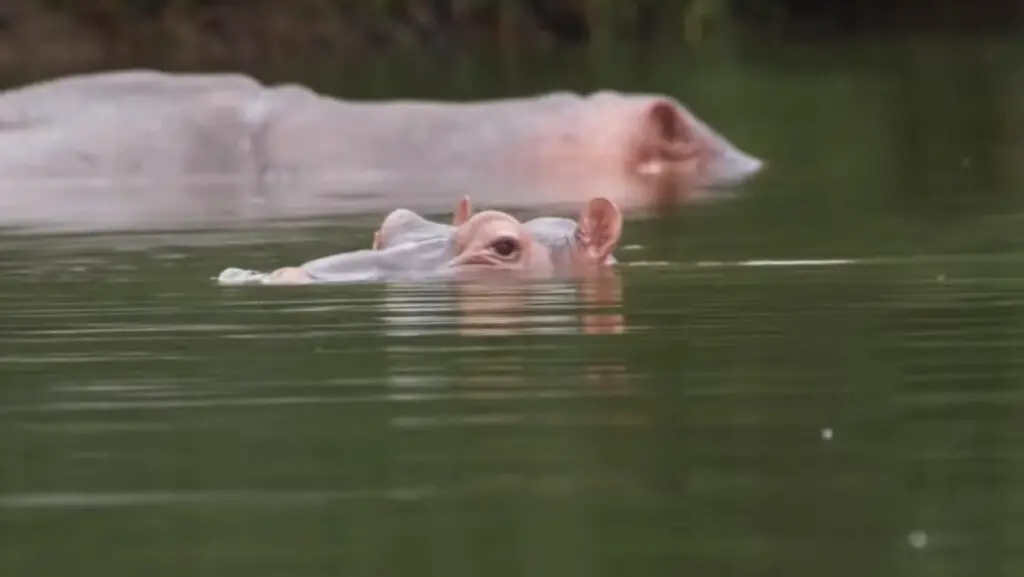
“This is not about a battle, it is about a binational collaboration in matters of wildlife management that today is so indispensable in the face of so many thousands of species becoming extinct in the world.”
According to the expert, one year is too long to carry out this process and the sterilisation programme is not enough.
And culling would not work as it is almost as expensive as trapping and transporting the beasts.
Zauzeta said: “Such a number of animals reproduce rapidly, and the ecosystem and all its fauna and flora continue to deteriorate.”
He added: “We hope that differences will be put aside and we can work in coordination and professionally to address this environmental problem since every minute that passes the most humanitarian option becomes further away.”

